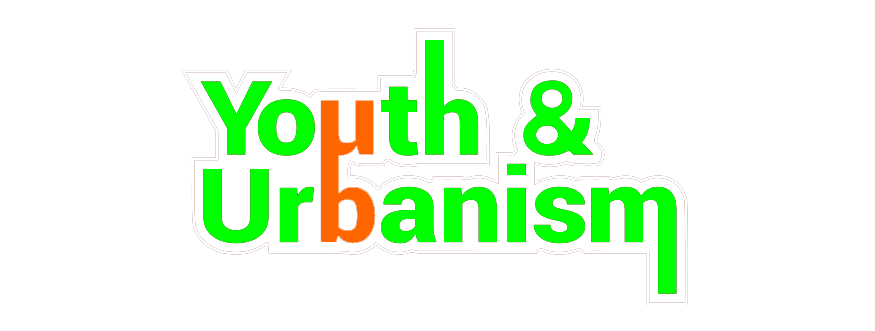Mathare, a home to nearly 500,000 residents, is a place of both struggle and strength. For decades, plastic pollution has been one of the most visible and stubborn challenges here. Despite Kenya’s 2017 ban on single-use plastic bags, the ground in Mathare is still littered with plastic waste plastic bags, bottles, wrappers forming piles that mar the beauty of this vibrant community and endanger the residents. Plastics do more than create an eyesore. Over time, they break down into harmful chemicals that seep into the soil and water, threatening not just humans but everything from insects to marine life. When it rains, this plastic-laden runoff makes its way to the oceans meaning that plastic thrown away in Mathare eventually affects the entire country, from the city streets to Kenya’s farthest coastline.
The statistics paint a sobering state as Nairobi generates approximately 2,400 tonnes of solid waste every day, with plastics making up about 20% that’s roughly 480 tonnes daily as per the World Bank, 2021. Yet only 45% of this waste is recycled or reused. Mathare, with its narrow lanes and informal structures, bears the brunt of this problem. A 2023 community cleanup recovered 20 tonnes of waste in just a small section of Mathare 4 tonnes of it plastic by clean up Kenya.
The Mathare River, once a lifeline, now struggles to flow through piles of trash and plastic. Over 77% of residents admit to disposing of waste directly into the river. During floods, this polluted water backs up into homes, carrying diseases like cholera and typhoid. But amid the challenges, the people of Mathare are fighting back with ingenuity, resilience, and community spirit.
Through these community-led efforts, Mathare’s youth are turning the tide. They are building a future where waste is not a problem but a resource. Every piece of plastic repurposed is a step away from disease, poverty, and pollution a step towards a healthier, more hopeful Mathare. Yet, while these community heroes work tirelessly, they need systemic support. Investments in waste collection infrastructure, public education on proper disposal, and policies that promote recycling and upcycling are essential to sustain their efforts. Because in Mathare, plastic pollution doesn’t just threaten the environment it affects lives, health, and the very act of caregiving. A polluted environment puts caregivers at risk, making it harder for them to look after their families when disease strikes.
As Wangari Maathai once said, “You cannot protect the environment unless you empower people, you inform them, and you help them understand that these resources are their own, that they must protect them.” That’s exactly what Youth and Urbanism is all about: turning challenges into opportunities and empowering the youth to transform their community. Through awareness, training, involvement, and celebrating their efforts, we are nurturing the next generation of changemakers right here in Mathare.
When we say, “the future lies in our hands,” these unsung heroes, the youth of Mathare, are the living proof. They are stepping up, rewriting the story of their home, because they know that no one else will do it for them. With every initiative, every cleanup, and every repurposed piece of plastic, they are building a legacy of resilience and hope.




Good job! Youth and urbanism holds brighter future for the upcoming generations